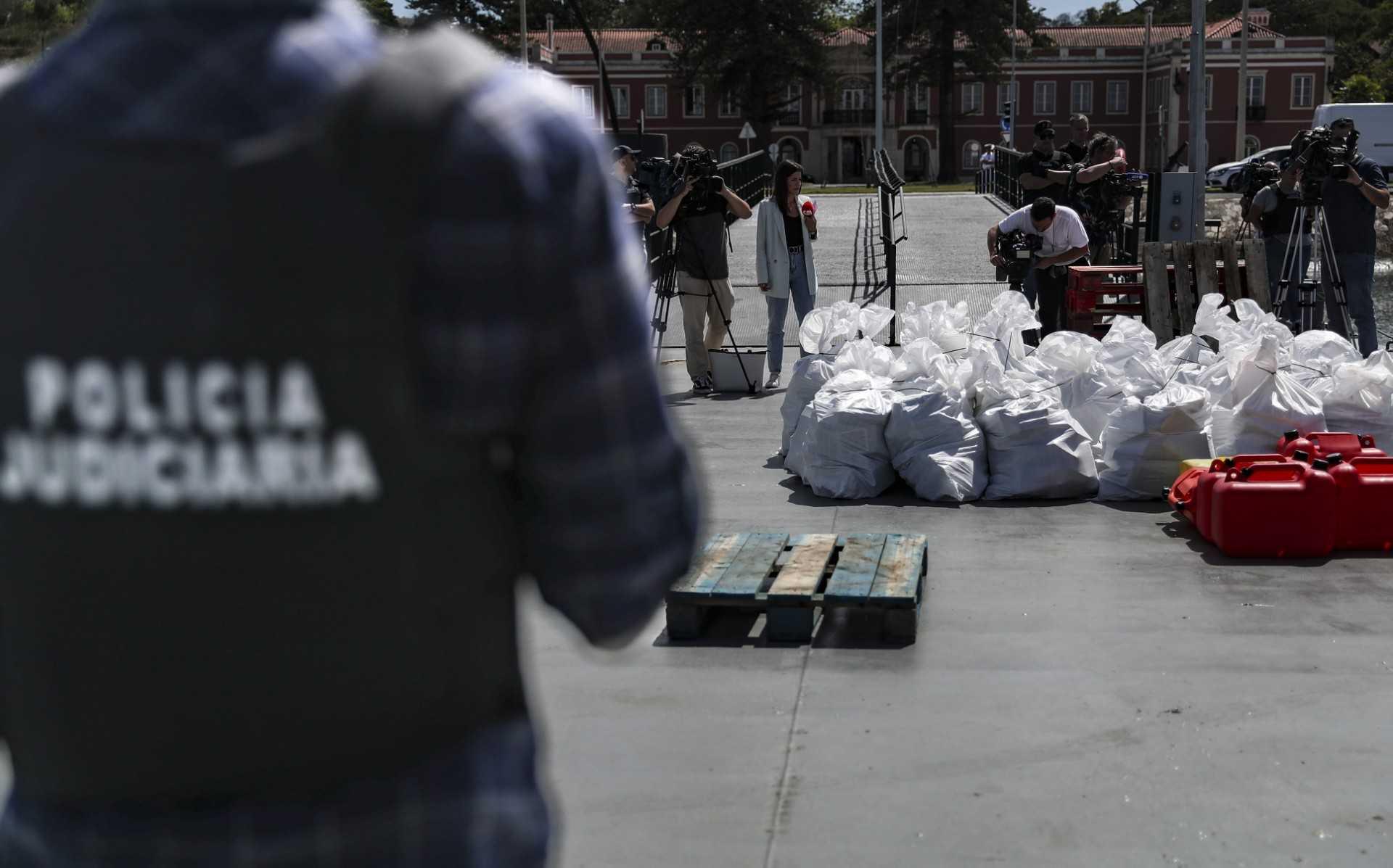Portuguese police burn 6 tonnes of drugs as illicit trade surges
The UN Office on Drugs and Crime says in its annual World Drug Report that cocaine demand and supply were increasing across the world and methamphetamine trafficking was expanding beyond established markets.
Just In
Portuguese police on Monday burned six tonnes of cocaine, hashish and other substances to mark the United Nations' international day against drug abuse and illicit trafficking at a time the illegal trade is booming worldwide.
"There are more drugs circulating, there is more supply from producing countries and also more drugs being seized," Rui Sousa, the head of the anti-drug trafficking unit at Portugal's criminal investigation agency (PJ), told reporters in Lisbon.
Sousa said 11 tonnes of cocaine, 30 tonnes of hashish and smaller amount of other types of drugs have been seized in Portugal so far in 2023, already above the amounts seized last year as a whole.
He said most of the cocaine was trafficked from Latin America and the Caribbean, while the hashish came from Morocco.
On Monday, officers loaded a large number of white cloth sacks full of drugs onto several vans and took them to a nearby incineration facility in Lisbon, where the 6 tonnes of substances were burned and destroyed.
Sousa did not say how much the drugs were worth. The number of drug traffickers who have been detained has also increased, he said.
The United Nations Office on Drugs and Crime said in its annual World Drug Report on Sunday that cocaine demand and supply were increasing across the world and methamphetamine trafficking was expanding beyond established markets.
Another report by the Lisbon-based EU drugs agency this month said both the scale and complexity of illicit drug output within Europe were growing and that users were now exposed to a wider range of psychoactive substances.
Sousa said Portuguese authorities needed more resources to tackle the surge as the southern European nation, facing the Atlantic Ocean, was a key entry point of drugs into the European continent.
Subscribe to our newsletter
To be updated with all the latest news and analyses daily.
